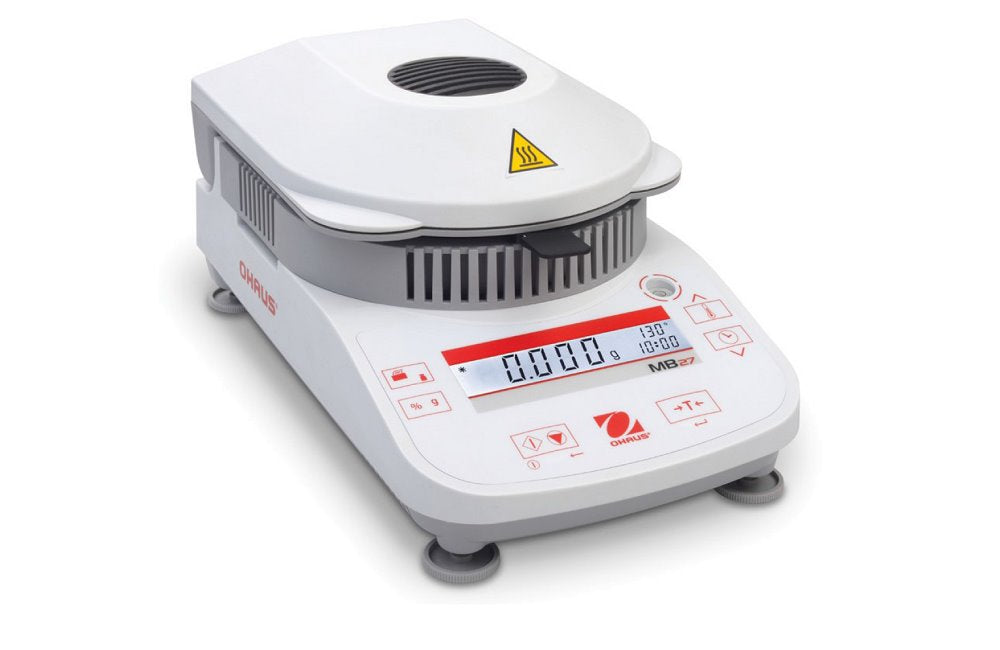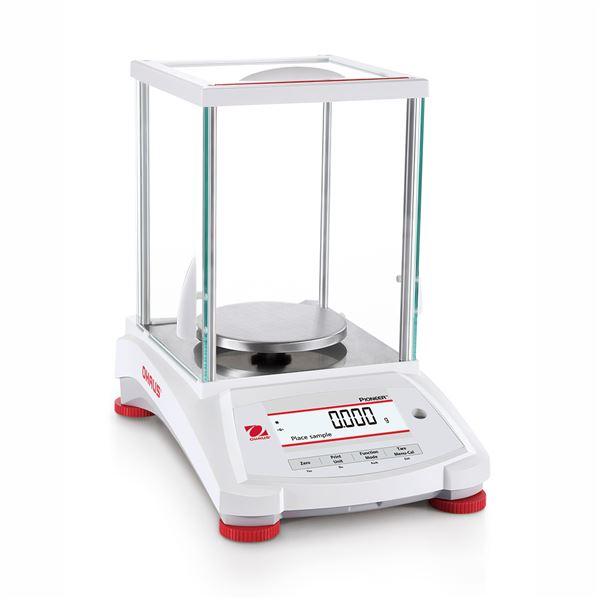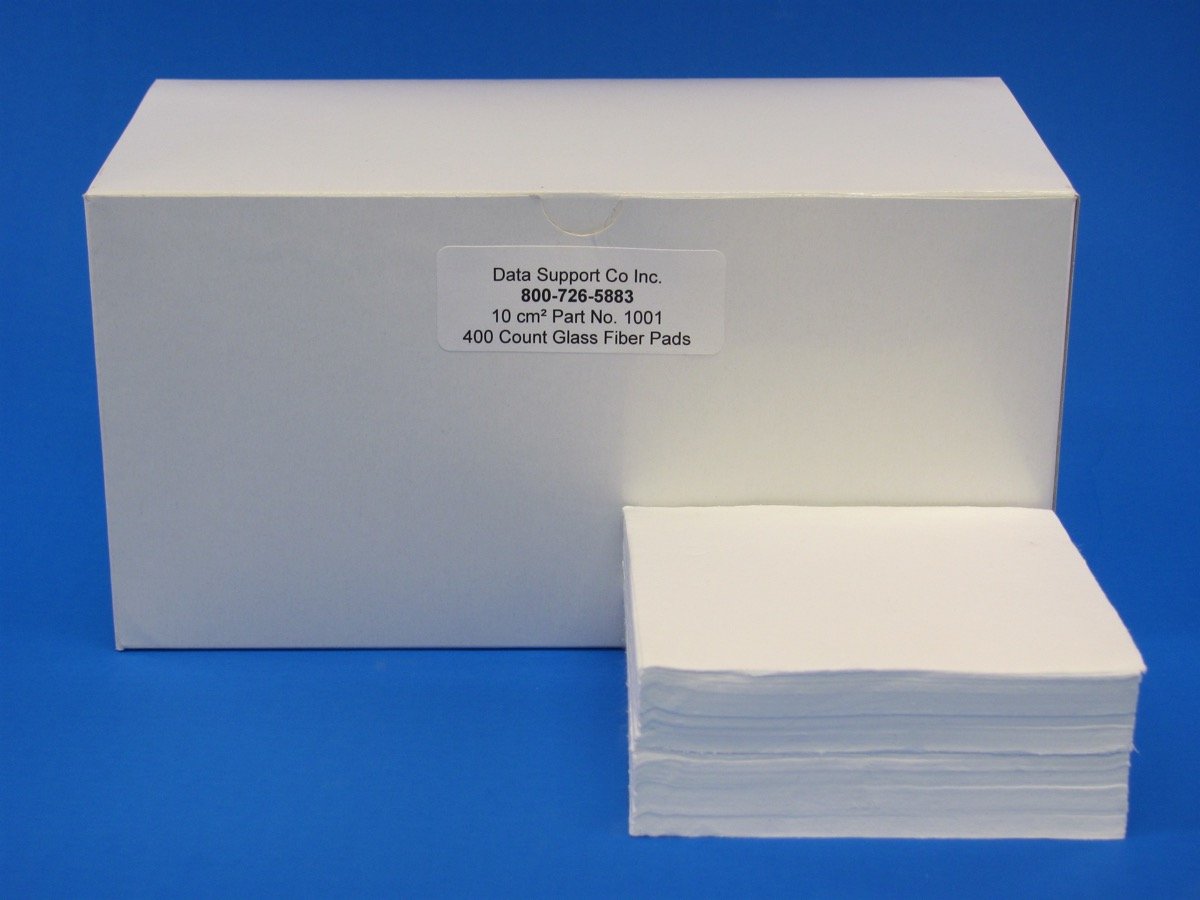Types of scale are crucial tools for weighing objects accurately in various contexts, from labs to industries. This article will guide you through different types of scale, their uses, and applications, helping you choose the right one for your needs.
Key Takeaways
-
Different types of weighing scales, such as mechanical, digital, analytical, compact, industrial platform, bench, jewelry, laboratory, counting, floor, hanging, pocket, medical, animal, and crane scales, cater to specific applications ranging from household use to industrial and scientific settings.
-
Scales like compact and pocket scales offer portability for professionals who need precise data measurements on the move, while industrial platform scales and floor scales are designed for high capacity and durability in heavy-duty environments.
-
In specialized fields like healthcare, jewelry, and veterinary care, scales provide crucial accuracy and additional metrics such as BMI, body fat percentage, and bone density, which are essential for patient health monitoring and the management of valuable materials.
I. Introduction
Weighing scales don’t just measure weight; they are the arbiters of central tendency in countless processes, influencing both the order and precision of our daily activities and market research. There are different types of weighing scales, including:
-
Mechanical scales: These scales use a spring or lever system and are commonly found in homes and businesses.
-
Digital scales: Known for their accuracy and precision, these scales are used in laboratories, medical facilities, and industrial applications.
-
Analytical scales: These scales are used in scientific settings to measure minuscule amounts.
Each type of scale serves a unique purpose.
In the kitchen, scales ensure our recipes are flawless, while in the industry, they keep our goods measured and our production levels optimized. Doctors rely on them for patient health, and scientists for groundbreaking research. Understanding the subtle differences and specific applications of each type of scale is not just a matter of accuracy—it’s about seamless operation and optimal results.
IV. Compact Scales

Compact scales are the unsung heroes for professionals on the move, embodying the essence of a ratio scale with the capability to provide precise data measurement scales in the field. Their portability and versatility serve an array of general weighing tasks, from fieldwork to quick checks on the shop floor. Imagine a wildlife biologist in the heart of the Amazon, needing to weigh samples with the same rigor as if in a laboratory; compact scales make this possible.
Such scales are a classic example of how measurement scales, including nominal ordinal interval, ordinal scale, and nominal scale, can adapt to the user’s needs, whether they operate on an interval scale, ratio scales, or other scales of measurement, including discrete and continuous variables.
V. Industrial Platform Scales

When the task at hand demands strength and endurance, industrial platform scales step up to the challenge. These behemoths are designed for high capacity and durability, the quintessential ratio scales meant for the tough environment of warehouses, shipping docks, and manufacturing plants. With their robust construction, they can easily handle the heavy lifting, ensuring data measurement scales are kept accurate for large shipments and bulk materials.
Picture a bustling warehouse, where every pallet and package must be weighed to precision for inventory control and shipping—a task where industrial platform scales are indispensable.
VI. Bench Scales
Bench scales are the versatile workhorses of the commercial sphere, designed to offer a balance between the portability of compact scales and the high capacity of industrial platforms. These scales, which can be considered a variable measurement scale, are built for robustness, able to withstand the rigors of daily use in various settings, from the backroom of a retail store to the shipping department of a small manufacturer.
They are a data set’s best friend, providing reliable and consistent measurements that become crucial nominal data points in a company’s logistics chain. Ordinal data, as well as nominal data, play a significant role in making data analysis an essential process.
VII. Jewelry Scales
In the world of fine details and high stakes, jewelry scales stand out as instruments of exquisite precision and accuracy. These scales are a kind of ratio scale, carefully engineered to measure the exact value of precious metals and gemstones. A jeweler’s reputation often hinges on the trustworthiness of their scales, ensuring customers that they are receiving the precise amount of gold or carats they are paying for—a testament to the importance of reliable measurement scales in the jewelry industry.
VIII. Laboratory Scales

The pursuit of scientific truth demands the utmost precision, a domain where laboratory scales excel as the cornerstone measurement scale. Specialized for laboratory use, these scales are a critical component of scientific research and chemical analysis, capable of distinguishing the difference in ratio variables to an exceptional level of detail.
Whether it’s determining the standard deviation in a data set or establishing the numerical significance in statistical tests, laboratory scales are indispensable for providing not only quantitative data with unparalleled accuracy but also qualitative data for comprehensive statistical analysis. In this context, qualitative and quantitative data play a crucial role in obtaining a complete understanding of the subject matter.
Counting Scales
Efficiency in inventory management and manufacturing is often a game of numbers where counting scales become an essential tool for accurate data measurement, including ratio data. These scales are specially designed to count parts based on weight, a classic example of a ratio scale in action. Their ability to quickly compute ratios and provide immediate feedback is a boon for any business that requires precise inventory tracking or assembly line efficiency.
Imagine a facility where thousands of small components must be cataloged—a daunting task streamlined by the adept use of counting scales.
XII. Floor Scales

For those situations where weighty considerations are literal, floor scales present a robust solution. These scales are the epitome of heavy-duty, designed to accommodate the large capacity demands of various industries. With their significant physical presence, they are perfectly suited for weighing large or heavy items that other scales simply cannot handle.
Consider the shipping industry, where accuracy is as important as durability—floor scales ensure that freight is measured correctly, avoiding costly shipping errors or safety concerns.
XIII. Hanging Scales
Hanging scales offer a different perspective on weighing by taking the scale to the item rather than the other way around. Designed for suspended weighing, these scales are all about portability and practicality, especially in situations where traditional floor scales are impractical. They are commonly seen swaying from hooks in agricultural markets or used to weigh cargo at shipping docks, showcasing their versatility across different ratio scales of measurement.
IV. Pocket Scales
True to their name, pocket scales are the epitome of convenience for on-the-spot measurements. These compact devices fit comfortably in one’s hand or pocket, ready to deliver accurate measurements whenever and wherever needed. Whether it’s a chef confirming the weight of a specialty ingredient or a traveler ensuring their luggage meets airline requirements, pocket scales are a handy tool for a variety of quick measurement tasks.
XVIII. Medical Scales

In the realm of healthcare, the precision of medical scales can directly impact patient outcomes. These scales are not just about weight—they provide a comprehensive view of a patient’s health through additional metrics, such as:
-
BMI
-
Body fat percentage
-
Muscle mass
-
Bone density
Used extensively in hospitals and clinics, medical scales are key to monitoring patient health, making them a vital tool in the assessment and treatment process.
XIX. Animal Scales
Animal scales cater to a unique set of challenges, ensuring the well-being of our furry and feathered friends. These scales must be designed to accommodate a variety of animal sizes while providing accurate measurements essential for veterinary care and livestock management. With features like non-slip surfaces and shock-absorbent platforms, animal scales prioritize the safety and comfort of animals during the weighing process.
From the vet clinic to the farm, these scales are fundamental in maintaining the health of animals through precise weight monitoring.
XXI. Crane Scales
Crane scales are the heavy-lifters of the weighing world, engineered to perform in the demanding environments of construction sites and shipping yards. These scales are designed for suspension weighing, where traditional ground-based scales are not feasible. Their rugged construction allows them to handle extreme weights, a necessity in industries where the load is as substantial as the stakes.
XXII. Conclusion
As we reach the end of our exploration, it’s clear that the world of weighing scales is as varied as the applications they serve. From the delicate precision required for jewelry and laboratory measurements to the robustness needed for industrial and animal scales, the importance of selecting the right scale for the task at hand cannot be overstated.
We invite you to reflect on your own experiences with these scales, and encourage you to engage with us should you have any questions or wish to share your stories.
XXIII. Call to Action
As you consider the vast array of scales discussed, we invite you to delve deeper into the intricacies of each type on our website. Explore detailed product pages, read related articles, and gain the knowledge necessary to make informed decisions for all your weighing needs.
Whether it’s for collecting data in a medical setting or managing data collection in an industrial environment, the right scale can make all the difference. Remember, an accurate weight measurement is not just a number—it’s a classic example of precision that can impact outcomes in healthcare, industry, and beyond.
Summary
In conclusion, the diversity of scales we’ve discussed serve as a testament to the intricate role weighing plays across various sectors. From ensuring precision in pharmaceuticals to facilitating logistics in shipping, the right scale not only provides accurate measurements but also upholds the integrity of processes and products alike. May this guide serve as your compass in the vast landscape of weighing scales, steering you toward the option that best fits your needs.
Frequently Asked Questions
What are the main types of weighing scales used in homes and businesses?
The main types of weighing scales used in homes and businesses are mechanical scales, which use a spring or lever system, and are commonly used for tasks such as cooking, baking, and weight management.
Why are digital scales favored in laboratories and medical facilities?
Digital scales are favored in laboratories and medical facilities for their accuracy and precision, which are essential for scientific research and chemical analysis.
How do industrial platform scales differ from bench scales?
Industrial platform scales are built for high capacity and durability, making them suitable for heavy-duty applications like warehouses and manufacturing, while bench scales are better for mid-range capacity and lighter industrial use.
What features make jewelry scales suitable for their specific application?
Jewelry scales are suitable for their specific application due to their high sensitivity and accuracy in measuring the exact value of precious metals and gemstones.
What should I consider when choosing a scale for weighing animals?
When choosing a scale for weighing animals, consider the capacity to accommodate the animal's weight and safety features such as non-slip surfaces and shock-absorbent platforms for durability and safety.





